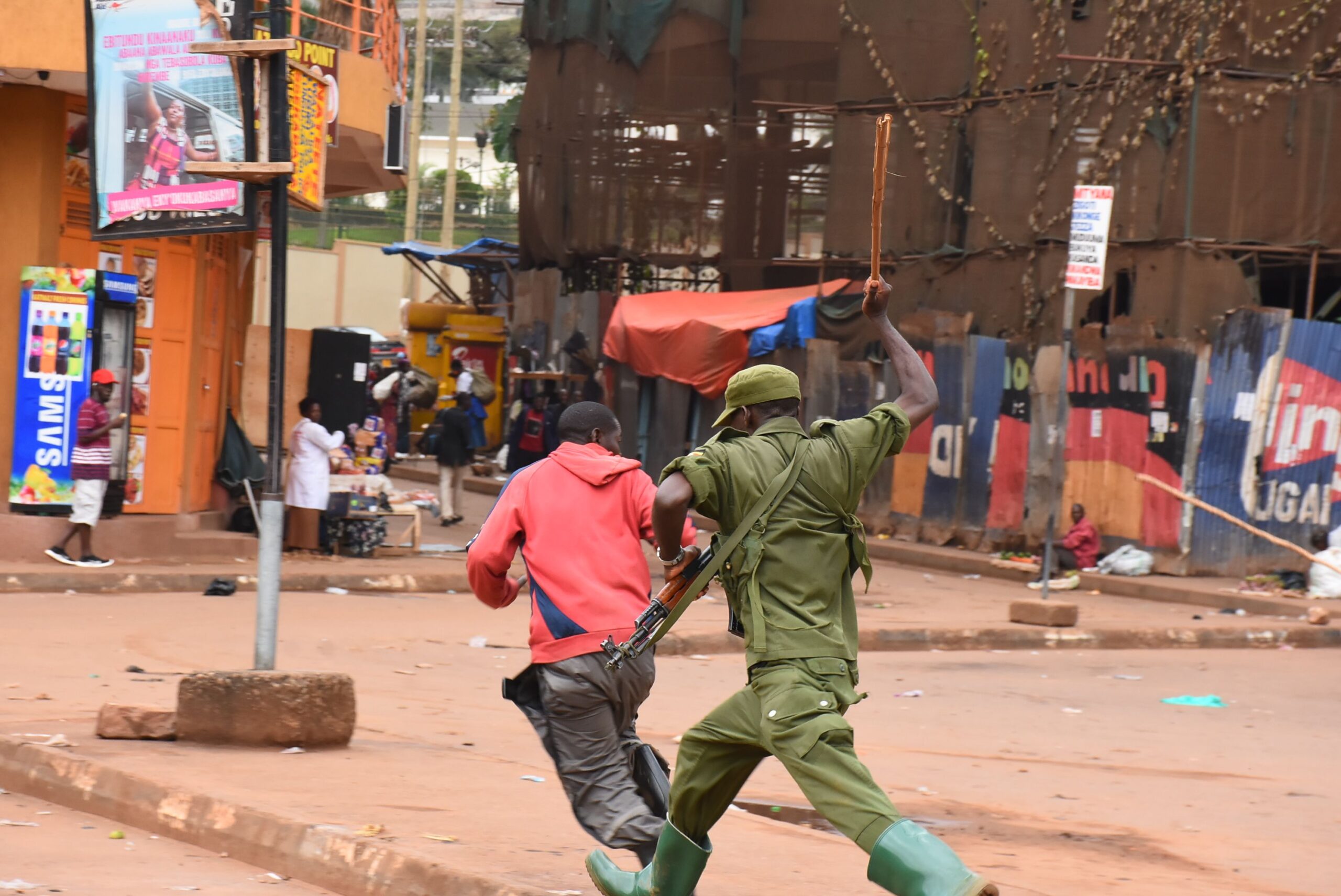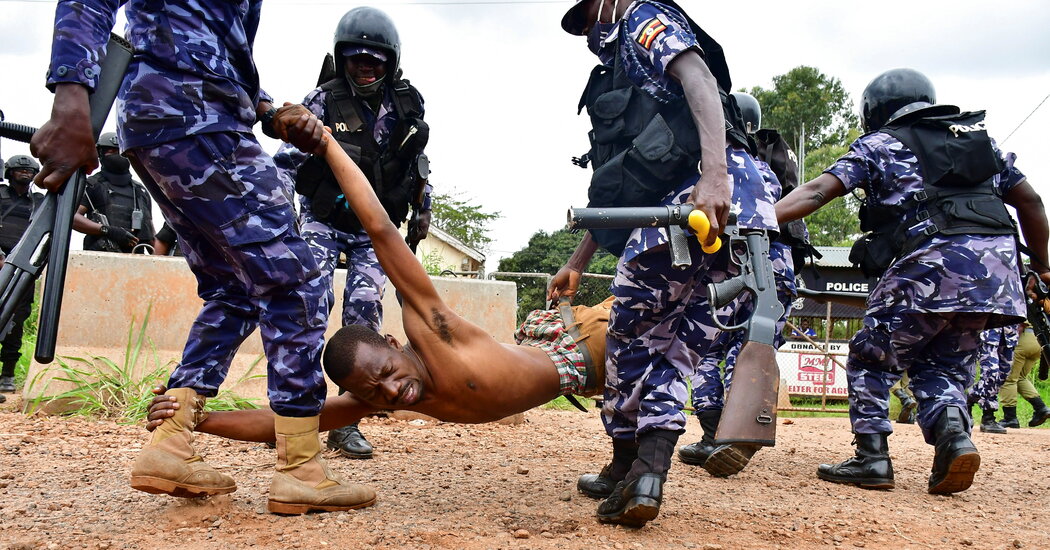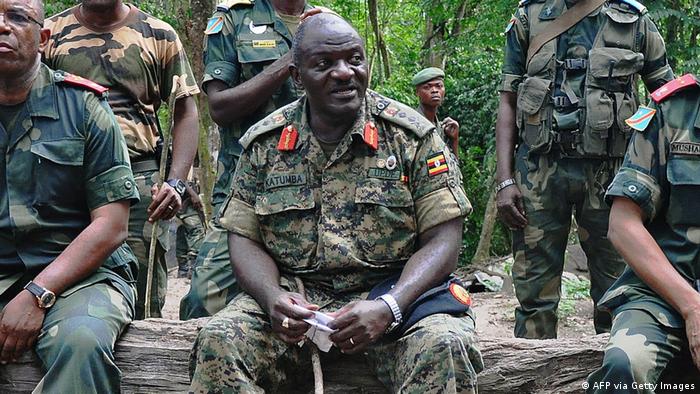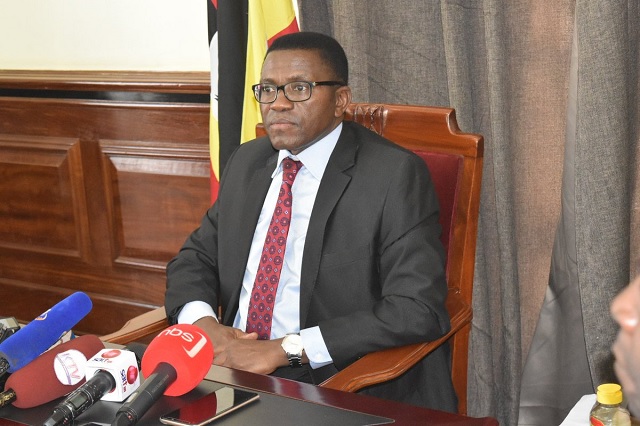A story is told that one day General Idi Amin called up Governor Joseph Mubiru, of Bank of Uganda. Amin was short of cash which he desperately needed to beef up his army, after Israeli and Britain who had incidentally helped him take over government in January 1971, failed him. Faced with the threat of war from Tanzania, harboring the fallen President Obote, he was furious when they balked at his request for ammunition.
Amin, the story goes, turned to the Central bank for money. But when he asked Governor Mubiru, he gently pointed that he had no such powers due to strict money supply controls. “But can’t you print for me money?” the General boomed. “No, that will worsen inflation,” replied the cool central banker.
The General was not used to being disobeyed. On September 20th 1972, Governor Mubiru, just after visiting his ageing mother in Masaka, was stopped and thrown into the boot of a Peugeot, which was driven to Malire barracks. That was the last he was seen alive!
I have taken time to cross check this story. Actually by the time he disappeared, Governor Mubiru had already left the central bank and was waiting for a posting with IMF. There is some mystery about what prompted his disappearance, soon to be followed with that of Chief Justice Ben Kiwanuka later in the same month. However, even as this story may have certain loopholes, there is some credence to the fact that under Idi Amin the independence of the central bank was severely compromised.
The primary objectives of Bank of Uganda, as once shared by Governor Emmanuel Mutebile is “ to protect the interests of depositors and to ensure the overall stability of the financial system, through prudential regulation and supervision of deposit-taking institutions.” Central banks world over ensure monetary stability especially by controlling inflation. The primary weapon central banks use is through managing interest rates which are raised once inflation heats up to discourage money supply in the economy. High interest rate force borrowers to access less money as it is increasingly costly to borrow. On the other hand central banks use money to pump life in a weak economy by lowering interest rates enabling more business access funds for investment. In brief at the heart of Uganda’s economic growth is a professionally managed central bank.
But not all has gone well ever since Uganda founded Bank of Uganda in 1966, which Governor Mubiru was a prime mover. By the time Amin regime had collapsed in 1979, inflation had worsened eroding the earnings of ordinary Ugandans. In fact, the value of the shilling had depreciated so much that future regimes had to periodically devalue the shilling.
Between 1981 and 1988, for instance, the government repeatedly devalued the Ugandan shilling in order to stabilize the economy. Yet the money supply continued to grow at an annual rate of 500 percent. In July 1988, the government again devalued the shilling by 60 percent. Eventually government’s efforts to bring the economy under control succeeded in reducing the country’s staggering inflation from over 300 percent in 1986 to about 72 percent in 1988.
Since then Uganda’s inflation rate has stabilized at 5-7 percent, quite within the norm. The benefits for the economy are obvious. Low inflation brings confidence in the economy, as stable prices ensure that earnings are not rendered useless. People can deposit their savings in banks and not fear loss of value. It is this money that banks lend out for investment.
If it were not for the prudent management of the central bank, there is a possibility Uganda’s inflation could easily have worsened back to the 1980s nightmares. To get a reality check on this, one has only to take a peep at Zimbabwe’s economy. After series of economic mismanagement, brought on by the ill-advised land seizure from white farmers causing a steep drop in Agricultural output, capital flight by investors and economic sanctions forced on her by donors, Zimbabwe’s inflation at one point run up to 431.1 Quintillion percent ( that is 431,900,000,000, 000,000,000) change in prices in one year, as reported by the 2008 Annual Report, Reserve Bank of Zimbabwe.
It is against this background that recent moves to humble and perhaps downsize the powers of Bank of Uganda, are worrisome. Bank of Uganda has the power to regulate all financial institutions in the country, including closure, especially once it observes customer savings are being threatened with a worsening balance sheet due to mismanagement. If a customer happens to go down to his bank and finds it no longer has enough money to release, a rumor can sweep through town, and before one realizes queues are in the middle of streets, of depositors desperate to withdraw their savings. This panic run can lead to a run on banks climaxing in a collapse of the financial system.
To avoid such a scenario Bank of Uganda has been quite aggressive to act decisively against any financial institution that failed to pass its periodic test. Since 1993 she has closed seven banks: Greenland Bank, Teefe Trust Bank, International Credit Bank, Crane Bank, National Bank of Commerce, Gold Trust Bank and Cooperative Bank.
As expected not everyone has been amused. Where one would have tried to research into why our local banks have been more liable for closure, predictably many have resorted to question the management of the central bank, with possibly the goal of undermining her powers to regulate. In 2019 a report presented by the Committee on Commissions, Statutory Authorities and State Enterprises (Cosase) to parliament urged the punishing of various central bank officials accusing them of not following procedure in bank closure.
So, there is no applause, even after protecting depositors whose savings might have withered in face of a ruined financial system. As the central bank continues being bludgeoned with suits, Uganda needs to pause and ask if we believe in a robustly managed central bank, that protects depositors. This is not to argue that there are several management lapses at the central bank, flourishing on some abuse of power, as revealed during parliamentary hearings. These ills must be addressed. But not at the expense of leaving behind a much humbled central bank, that next time its radar senses a commercial bank that has over shot its luck, it’s fearful of touching the powers that be!






